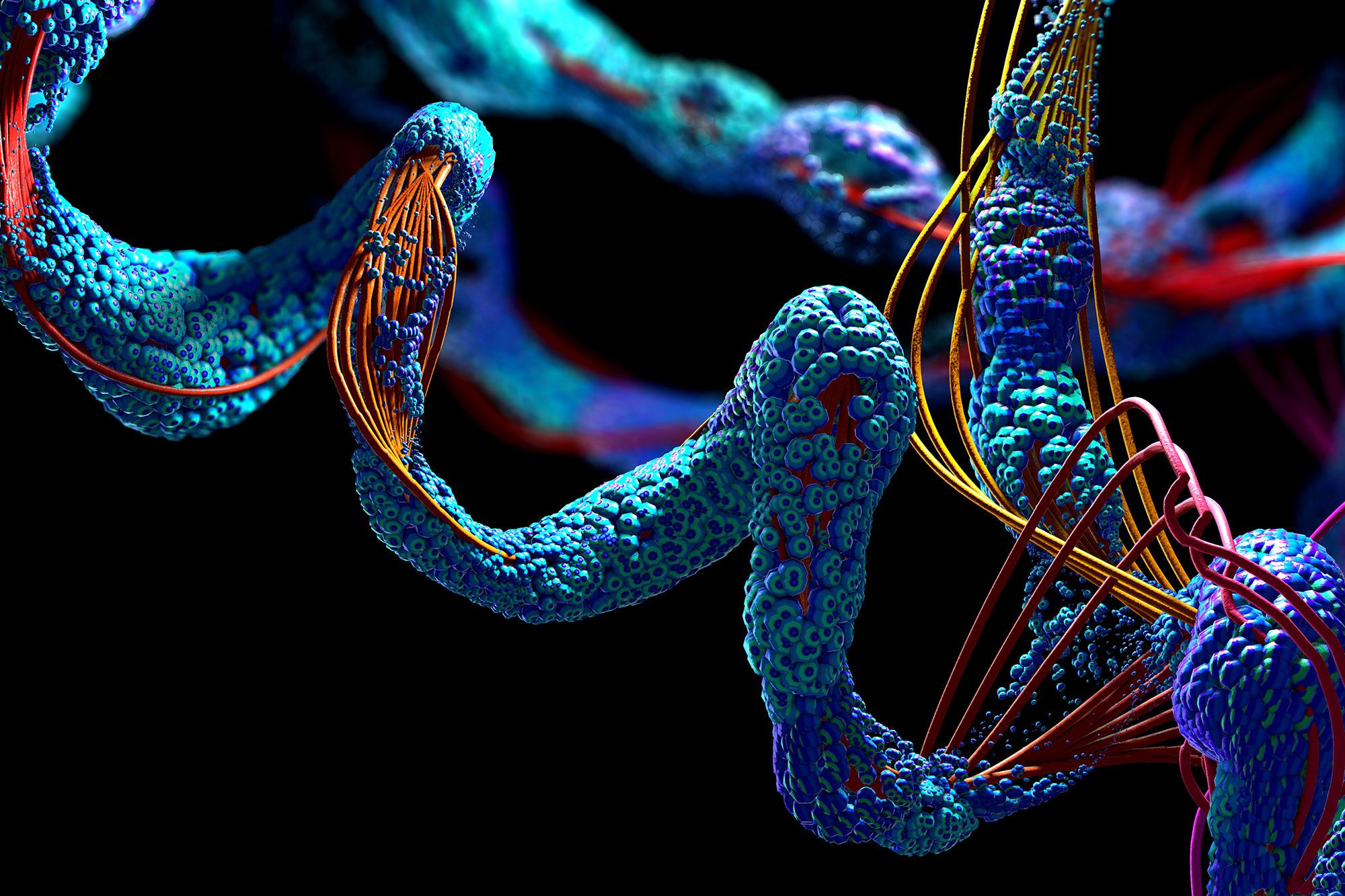Complex resistance mechanisms complicate new diagnostic approach

Researchers attempted to identify antibiotic resistance directly based on the protein structure of pathogens. However, their findings showed that this is rarely possible due to the complex mechanisms behind different types of resistance.
Project description (completed research project)
Pathogenic enterobacteria can generally be readily treated with antibiotics. Broad-spectrum antibiotics from the cephalosporins are often used. Yet more and more frequently, these are no longer effective as many enterobacteria, including Escherichia coli, have developed resistance to them. As a result, doctors are increasingly prescribing reserve antibiotics. However, this is often done without a clear understanding of the existing resistance of a pathogen, as the tests currently in use take a long time to produce a clear result. But if treatment does not take into account the resistance profile of the pathogen, this can put the success of the treatment at risk and promote the development of further antibiotic resistance.
Connection between protein structure and antibiotic resistance
Dirk Bumann and a team of researchers at the Biozentrum of the University of Basel therefore attempted to speed up diagnosis significantly using a new method. They aimed to deduce whether bacteria were resistant to antibiotics – and if so, which ones – from their protein composition. Since the protein structure of bacteria can now be determined rapidly, this type of test could provide results within a few hours. Moreover, it could be easily incorporated into current routine diagnostic processes.
To shed light on the link between individual proteins and certain types of resistance, the researchers analysed and compared more than one hundred different antibiotic-resistant Escherichia coli pathogens from patient samples. The pathogens investigated showed varying degrees of sensitivity to a frequently used cephalosporin antibiotic. These differences should be reflected accordingly in differing protein compositions.
No clear conclusions possible
The researchers found that all pathogens did indeed have markedly different protein compositions. The amount of antibiotic-destroying enzymes produced by a bacterium is particularly important. However, their findings are not sufficient to predict whether a pathogen is antibiotic-resistant, and if so, how strongly. This indicates that clinically significant resistance is based on complex and varied mechanisms that can seldom be determined through simple tests of protein amount.
September 2022
Original title
ESBL-MS: Early diagnosis of ESBL Enteriobacteriaceae in patient samples
